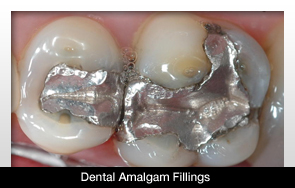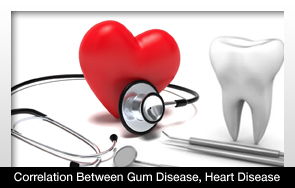Written by Dentistry TodayThursday, 21 March 2013 15:40
 |
More dentists will soon be performing Botox treatment.
The Massachusetts Board of Dentistry has okayed plans that would allow general dentists to administer Botox treatment. This new policy states that general dentists may provide Botox, in addition to antiwrinkle injections in Massachusetts.
The board confirmed the fact that it’s necessary for dentists to have practical training in this field, including training that involves live patients. These rules fall under the Massachusetts Dental Practice Act, which relate to diagnosis, treatment and management of any health issue that relates to the teeth, alveolar bone, jaw and gums.
This advisory also impacts oral and maxillofacial areas with regard to Botox and other anti-aging treatment. There are roughly 50 dental schools that now provide training and continued education programs on dermal fillers and Botox.
The American Academy of Facial Esthetics organized training courses for dentists that are suitable by the standards set forth by the Massachusetts Board of Dentistry. The next course is set for May 2 through 4 in Boston.

